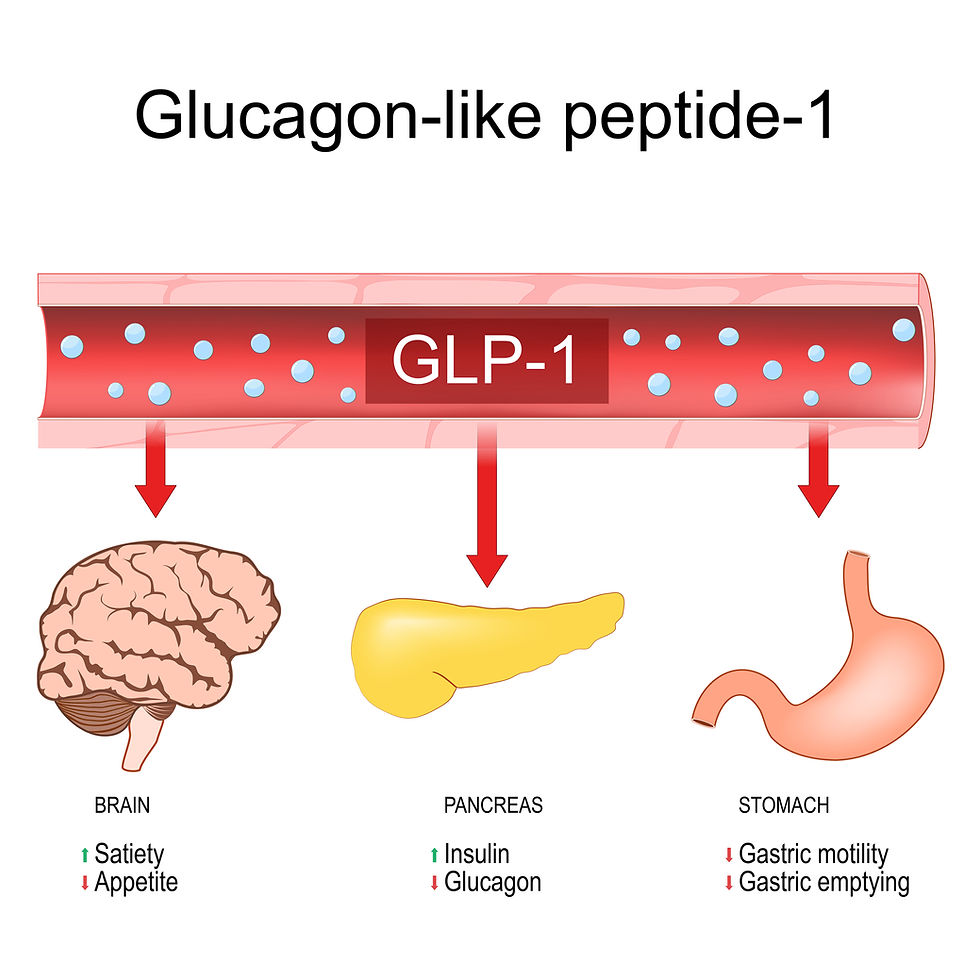Case study series - Worried about heart disease or diabetes?
- Julie Hodgson
- Jan 13, 2022
- 2 min read
Updated: Jan 7, 2023
If you are at risk of, or are already diagnosed with cardiovascular disease or diabetes, diet and lifestyle modifications can make a huge difference to your health, risk of illness and quality of life.

This blog is part of a case study series. Do you check out my previous one on UTIs here .
Cardiovascular disease, diabetes and metabolic conditions all share common underlying causes such as;
Increased inflammation
Insulin resistance
Both of which can be significantly improved through what you eat and how you live. It's possible to make a big difference for yourself as well as your future risk of illness and disease.
The following is a common dietary approach I use in clinic to help clients at risk of, or diagnosed with cardiovascular disease or metabolic conditions, and maybe this approach will help you.
1) Progress towards eating a modified Mediterranean diet focusing on anti-inflammatory elements. So, a diet full of colourful plant foods, low in carbohydrate, contains healthy fats and lots of lovely anti inflammatory foods.
2) A low GI diet, one that does not spike glucose levels and keeps insulin release low. Insulin not only contributes to insulin resistance but aggravates what is known as the inflammatory cascade, increasing inflammation within the body. Focus on macronutrient ratio and timed eating.
3) A diet that balances blood sugar over the day and includes adequate protein. Proteins slow the release of glucose and stop the ups and downs, and peaks and troughs of blood sugar over the day.
4) Is high in fibre which not only supports digestive health but research shows that extra fibre helps improve insulin sensitivity, and fasting blood glucose. Lots of fibrous plant foods. You could also consider supplementation if appropriate.
5) Reduced sugar and refined carbohydrates. Reduce simple and starchy carbohydrates that are broken down quickly into glucose and cause a rapid increase in blood sugar levels. Concentrate on complex and fibrous carbohydrates.
6) Include heart healthy, anti inflammatory fats. All those lovely natural fats that support cellular health and balance systemic inflammation.
7) Increase condition specific nutrients and antioxidants. Antioxidants are important for raised cholesterol for example, to reduce oxidation and inflammation within the arteries. Vitamin D and magnesium are required for appropriate responses to insulin.
8) Enjoy the food you eat, so you feel satisfied, full and content with no restrictions or cravings. Safeguard your future from further illness and disease.
Good luck and I hope this helps!
Julie x
If you would like support addressing your health concerns I offer online 1-2-1 support and programmes. You can get in touch here - https://www.julie-hodgson.com/contacthere.





Comments